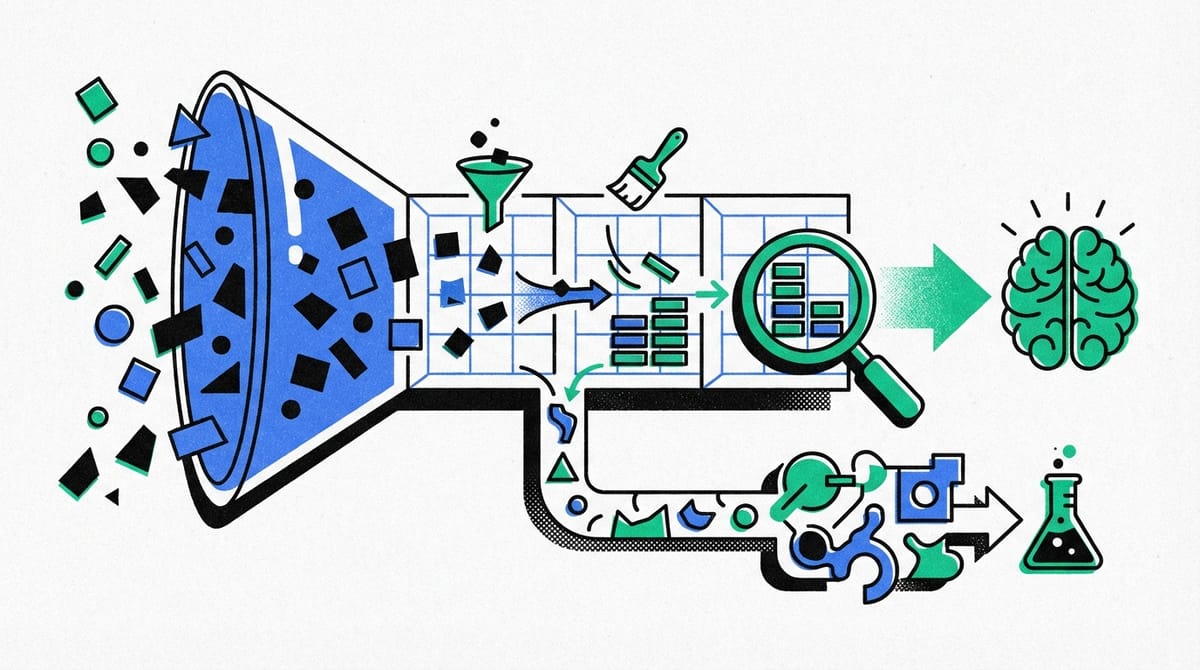What is Data Analytics?
Unlock the potential of data analytics! Learn how to collect, analyze, and interpret data to drive informed decisions and insights.

the Power of Data
- Data Generation: We generate vast amounts of data daily through various interactions with technology.
- Value of Data: This data provides valuable insights into behaviors, habits, and preferences.
- Increasing Data: The amount of data is growing exponentially due to advancements in technology and connected devices.
- Role of Data Analysts: Data analysts are essential for making sense of data, deriving insights, and aiding in decision-making.
- Demand for Skills: Data analytics is an essential skill for various roles, including business owners and marketers.
- Simplicity of Data: Data doesn’t have to be complex; even simple data can provide meaningful insights when structured and analyzed correctly.
- Importance of Understanding: A basic understanding of data analytics is beneficial for making informed decisions, identifying patterns, and communicating data effectively.
What is Data Analytics?
- Definition of Data Analytics: The process of collecting, cleaning, organizing, analyzing, and interpreting data to uncover insights and make informed decisions.
- Data Collection: Gathering data from various sources such as databases, spreadsheets, and online platforms. Ensuring data accuracy and relevance is crucial.
- Data Cleaning: Removing duplicates, inconsistencies, or errors to ensure the data is accurate for analysis.
- Data Organization: Sorting and categorizing data into meaningful groups to quickly understand and identify trends and patterns.
- Data Analysis: Using statistical and mathematical methods to uncover insights and relationships within the data. This includes creating visualizations and using algorithms.
- Data Interpretation: Presenting data in an easy-to-understand way, using charts, graphs, dashboards, and storytelling to convey insights and make decisions.
- Practical Example: The case of Anna, a boutique owner, using data analytics to decide on inventory for the next season, demonstrating the steps of data collection, cleaning, organizing, analyzing, and interpreting.
- Importance of Data Analytics: Highlighting how data analytics helps in making informed decisions and the role of data analysts in focusing on this process.
What Does a Data Analyst Do?
- Role of a Data Analyst: Data analysts are professionals who use data analytics to uncover insights and support decision-making within organizations.
- Common Tasks: Their tasks include collecting, cleaning, organizing, analyzing, and visualizing data.
- Importance: Data analysts help organizations make data-driven decisions, which can significantly impact their success and competitiveness.
- Industry Applications: Data analysts work in various fields such as healthcare, finance, and marketing, using data to solve real-world problems and optimize strategies.
- Growing Demand: The demand for data analysts is increasing, offering numerous career opportunities and growth prospects.
Data Analytics vs. Data Science
- Data analysts work primarily with structured data to identify patterns and create visualizations.
- Data scientists handle both structured and unstructured data, using advanced techniques like machine learning.
- Analysts focus on interpreting existing data, while scientists develop new processes and models.
- Both roles require strong mathematical and statistical skills, but data science typically demands more advanced programming knowledge.
- Data analysts usually need a bachelor's degree, while data scientists often require advanced degrees (master's or doctoral).
- The choice between data analysis and data science depends on your interests, skills, and career goals in working with data.




